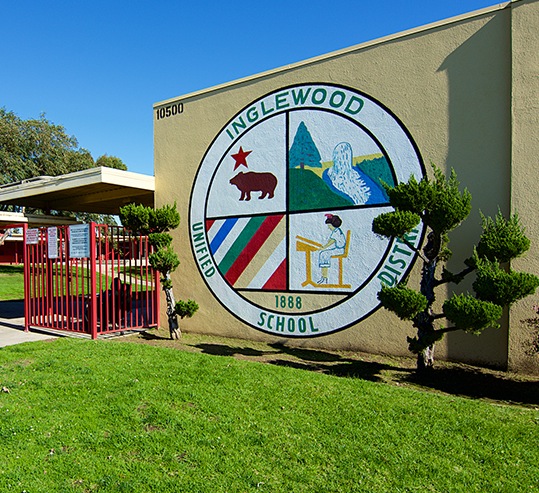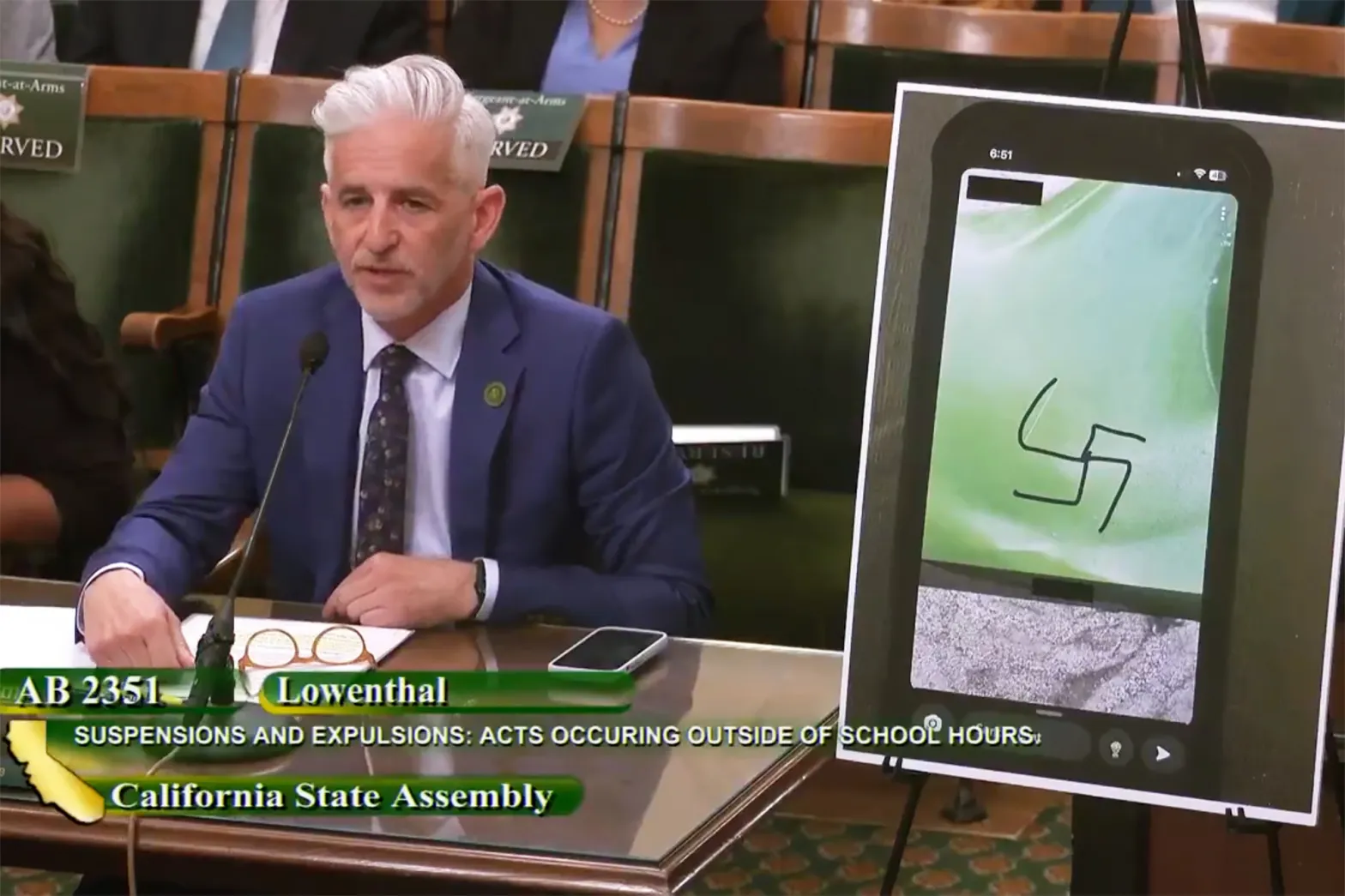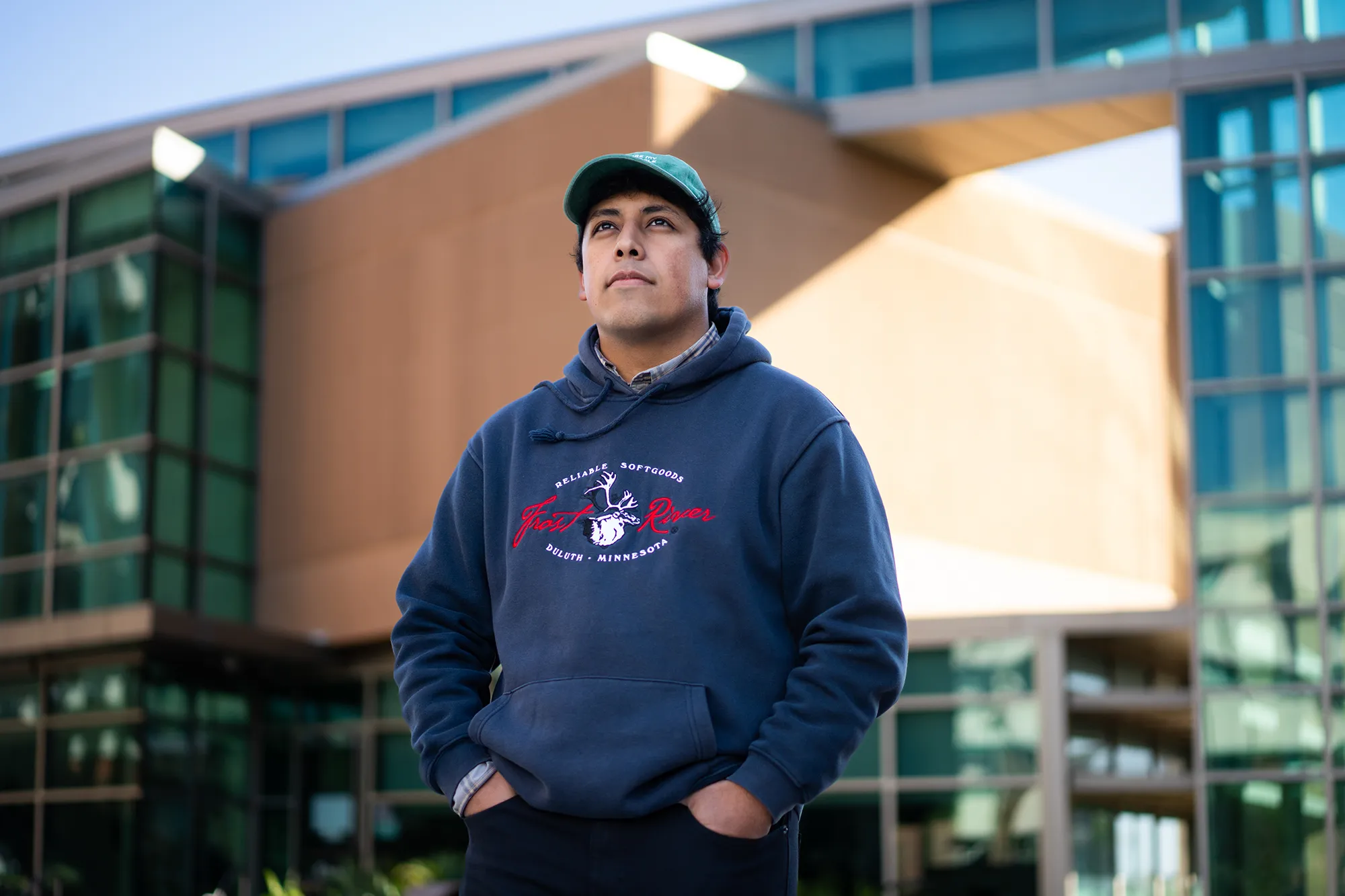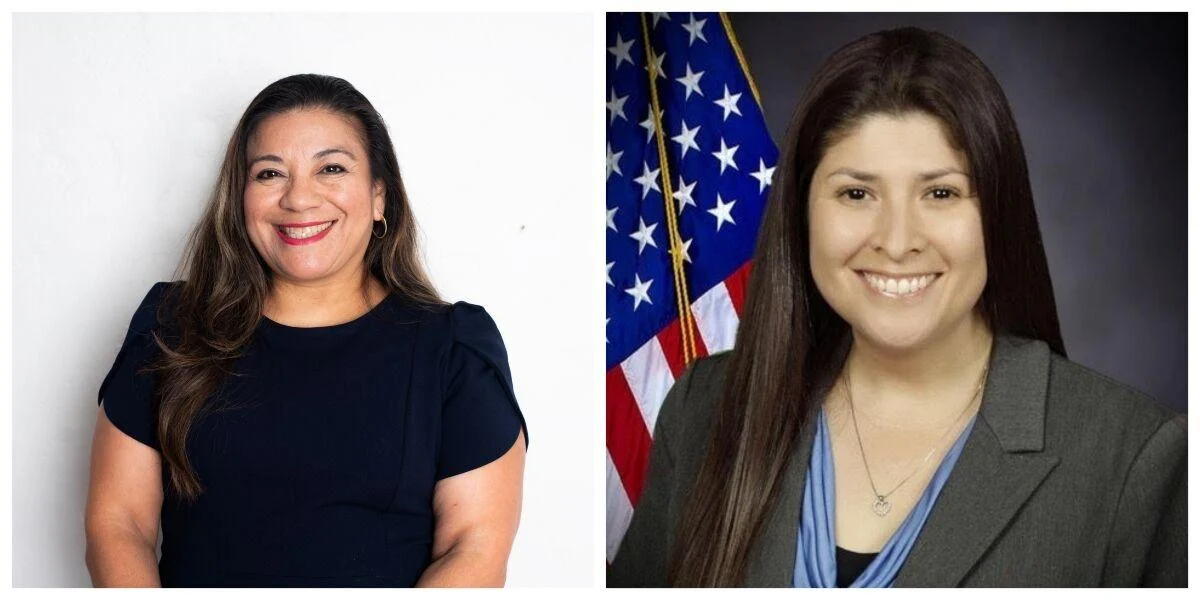INGLEWOOD — Students at Morningside High School are leading a community dialogue about creating equal opportunities for success for Black and Latino students in the Inglewood Unified School District.
“Our schools are not as good as if we were to go to La Tijera or Beverly Hills,” said senior Tristan Castillo, who serves as student body vice president at Morningside High School. “We’re not given the same opportunities as everyone else is. The fields are messed up. The books are out of date.”
“I feel like this protest is more than just a Black Lives Matter thing, it’s for the community and all the people who are in the low-income communities who just want to be treated fairly,” Castillo added.
“We need more teachers that look like us,” added Morningside High School junior Davion Pilgrim.
“[I’m] not saying we have a problem with the other ones, but they can’t understand the obstacles that we have to go through as children.”
The first Student Voices Virtual Town Hall on Race and Equity in Education was held June 18.
District leaders hosted the town hall to have an open conversation with young people, while acknowledging the growing social movement to address systemic racism and inequality in America.
“What these protests really mean to me is a fight for equality and equity, Black lives, Latinos, low-income communities. … At a certain point in time you have to ask yourself is this a society that I really want to live in,” Castillo said.
According to the California Department of Education, 97% of Inglewood students identified as Latino or African-American in 2019.
Specifically, 34% of the district’s student body are African-American or Black, which is the highest percentage amongst any district in Los Angeles County.
Both Castillo and Pilgrim support initiatives like mentoring and tutoring to improve test scores.
“When the youth speak up, it’s more likely for people to listen,” Castillo said.
Castillo and Pilgrim also suggested that the district provide additional academic and community resources for all of its students.
However, speaking openly and honestly to elementary and middle school students about social issues also will improve the situation, the two high school students believe. They said the lack of direct dialogue has led to misconceptions about young people, which has ultimately created division amongst their peers.
“We need more teachers that care,” Pilgrim said. “I have four teachers from elementary school that have stuck with me to this day, from when I used to be the baddest person until I matured.”
“We need teachers that are not just there for that one year of school. We need teachers that will be there to see us go off to college,” he added.
Castillo amplified Pilgrim’s sentiment, explaining that it only took one teacher in middle school to make him truly believe in himself.
“It’s critical that your voices as young people are heard and that you make them heard,” said Bernadette Lucas, the district’s chief academic officer.
The Inglewood Unified School District has been facing declining enrollment for nearly 20 years and has experienced economic challenges since being placed under state control in 2012.
“Equity means everyone has the same opportunity,” Pilgrim said. “We feel like second-class citizens. We don’t have the funding. We have the materials but we don’t have the right materials to be successful in life.”
He asked district officials to find more community partners who would be willing to donate their time and money to Inglewood schools.
“I just want to see this continue,” Castillo said. “Black Lives Matter. Minority Lives Matter. I don’t want these lives to just matter when we’re killed by police officers.
“I want to see it matter against gang violence. I want to see it matter when our schools need help. We don’t have enough resources. I just want to see people who are oppressed and who are struggling to be given the same opportunities. That’s where equity comes in,” he added.
District leaders said change is driven by data. Therefore, the district plans to gather data with surveys and focus groups. They also hope to keep students engaged by creating new task forces and student committees to discuss educational equity.
By John W. Davis
Contributing Writer












